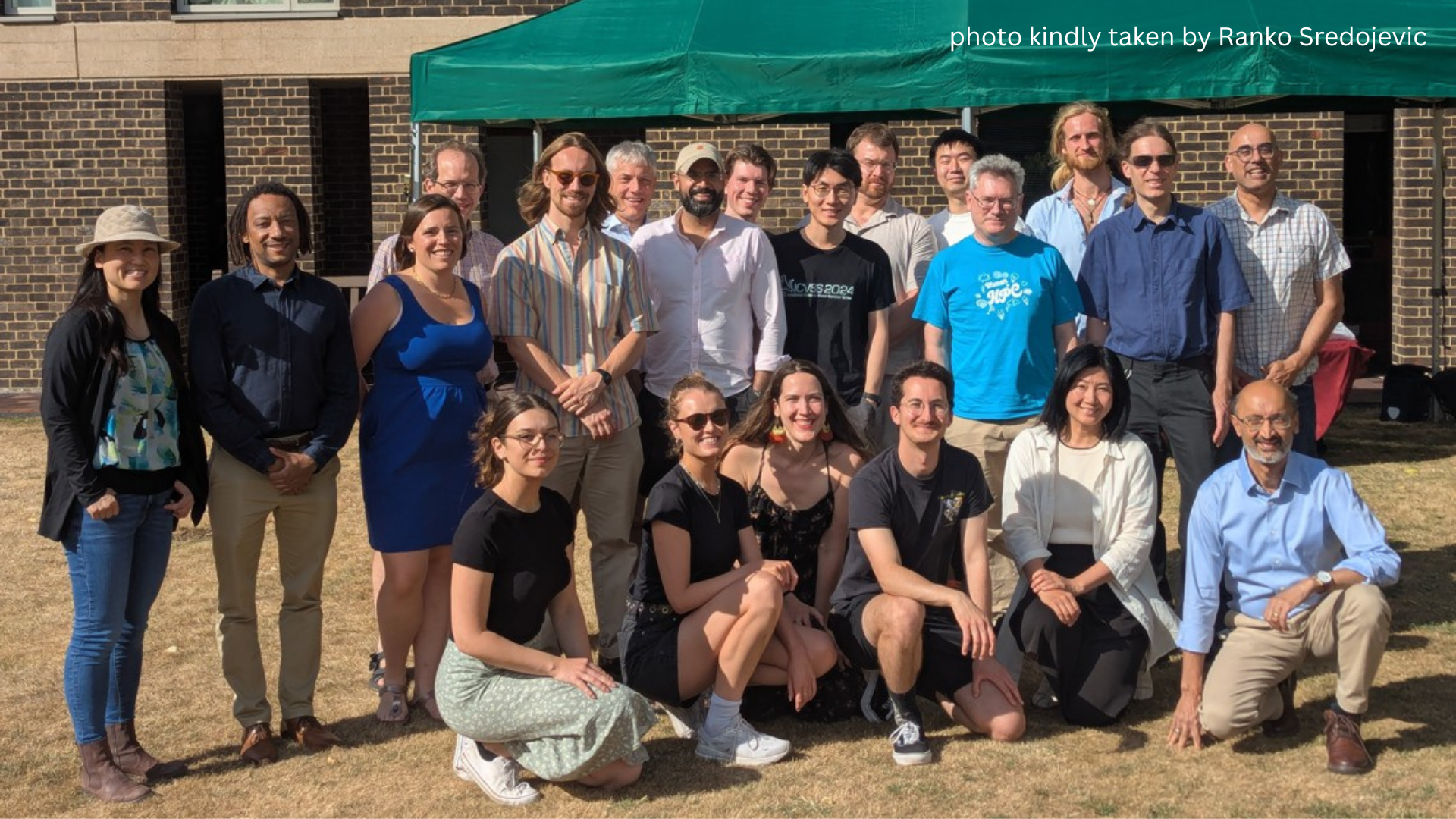*Abstract*
Foundation models allow the rapid evaluation of downstream tasks with task-specific training. In recent months, it has become increasingly possible to use off-the-shelf coding AIs to write even moderately complex code. In this talk, I will discuss my use of Claude code and the Tessera foundation model for evaluating the above ground biomass in an urban reforestation project, highlighting areas where AI worked well, and where it still falls short.
*Bio*
Srinivasan Keshav is the Robert Sansom Professor of Computer Science at the University of Cambridge, focusing on the intersection of computer science and sustainability. He earned his PhD from UC Berkeley and has held roles at Bell Labs, Cornell University, and the University of Waterloo. A Fellow of the Royal Society of Canada, ACM, and IEEE, Keshav is recognized for his contributions to networking and sustainability. His research includes innovations in energy systems, carbon footprint reduction, and forest conservation using remote sensing. Keshav emphasizes practical applications of computer science to global challenges, fostering collaborative solutions in smart grids and biodiversity conservation.


